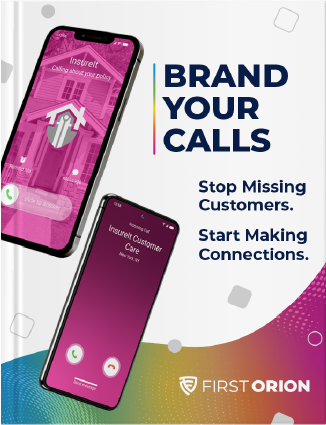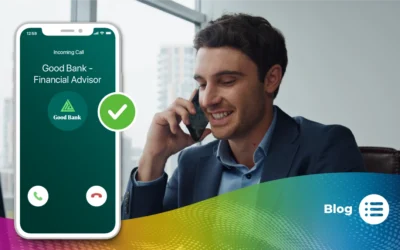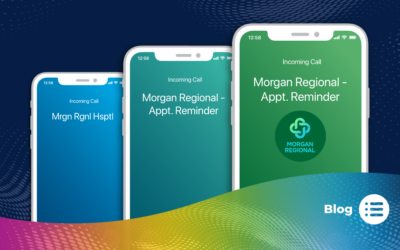Today’s guest post is by Amy Blake, social media manager at First Orion.
I don’t normally answer calls from 903 area codes. I’ve lived in Little Rock – the 501 – for ten years now, so it’s unlikely anyone is calling me from my old area code that I don’t already have saved in my phone. It’s usually a wrong number, off by a digit or two and I end up explaining to someone on the other end that I am not, in fact, Phil.
But when it rang with a number suspiciously close to my own this week, my curiosity was piqued and I answered. I thought it could be a spoofed number and wanted to report the call if so.
“Hello?” I asked, after a brief silence. And then, the response I wasn’t expecting: a woman on the other end, who asked, “Did you just call me?”
“I did not…” I said, somewhat puzzled. She read my own number back to me and explained that she had just gotten a call from that number.
“I don’t normally answer unknown numbers,” she said, “But it was so similar to my own that I did, thinking it was someone from church.”
Aha. A number had been spoofed, but not to me; turns out, my number was being used to do the spoofing. I explained it to her and she wished me a Merry Christmas before hanging up.
As someone who writes about this sort of thing every single day, terms like “spoofing” are commonplace. Had this woman called back another person, who hadn’t heard of these types of terms, they BOTH would have ended up really confused. Number spoofing continues to be a very popular way of confusing people into answering calls; this number, for example, was only two digits off of my own. In fact, as I mentioned earlier, I wouldn’t have even answered it except for that small detail – proving my point that it’s a powerful tactic.
So if you’re still wondering – what is spoofing and why do people do it? – here’s the Cliff’s Notes edition. Scammers use a program to alter your caller ID and make it look like a call is coming from a specific number. They choose numbers that are very similar to the ones they are dialing, hoping people will be confused or curious because of the similarity in the numbers. In reality, these calls could be coming from anywhere in the world! Scammers have even been known to call from the EXACT number they’re dialing. If you got a call from yourself, you’d be interested to hear what you had to say too!
Because scammers are always mixing up these numbers, identifying them and blocking the numbers can be a little trickier. Often by the time our systems sense a number is scam, they’ve moved on to a new one. Plus, we would never want to mark a legitimate number as a scam! One step you can take to reduce your chances of your number being spoofed is to reduce the places your number can be found online. Shady we contests or online forms may ask for your number, phishing for private info, so be wary of where you provide that information.
If your number DOES get spoofed, there’s very little you can do to stop it from happening again. You can file a complaint with the FCC, but after that your options are somewhat limited. The FCC says you can block incoming calls all together, explain what’s happening in your voicemail, and just hope for the best – or change your number.
Thankfully, it appears my number hasn’t been spoofing all over town, so for now I’ll be keeping it. And to the woman I throughly confused yesterday, Merry Christmas.




